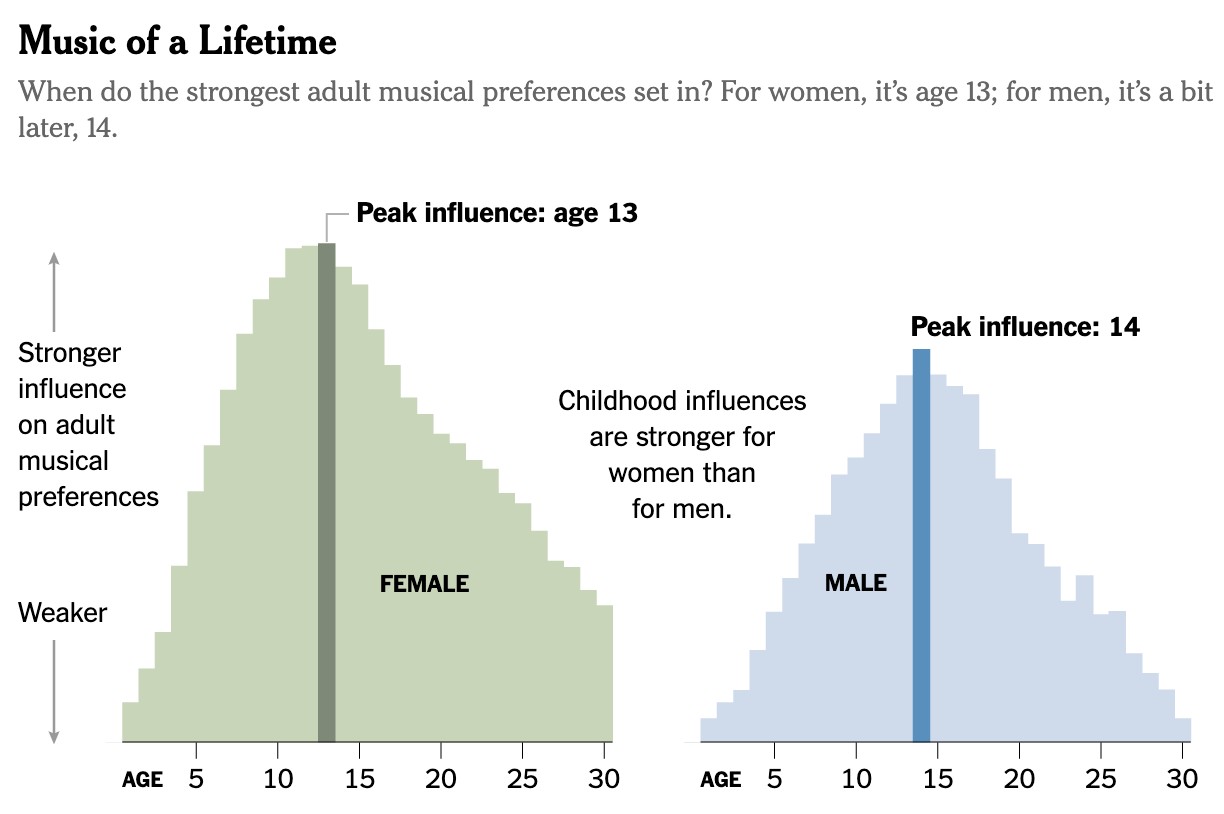
Recent analysis of streaming data reveals fascinating patterns in how our relationship with music evolves throughout our lives. The findings challenge common assumptions about age and musical preferences.
According to data from AccuRadio, which logs over 1.8 billion track plays annually, younger listeners actually skip songs more frequently than older audiences, despite having more openness to new music. This seemingly contradictory behavior stems from younger users actively seeking novel tracks in "discovery mode."
In contrast, older listeners skip fewer songs - not because they're more accepting, but because they've carefully curated their listening environments. The data shows that as people age, they tend to stick to a smaller set of trusted playlists and channels that align with their established tastes.
When it comes to rating songs, younger users paradoxically give higher average ratings while also skipping more tracks. This reflects the different implications of skips versus ratings - skipping is temporary and situational, while low ratings permanently remove songs from rotation.
The analysis also revealed that middle-aged streamers clock more listening hours overall compared to other age groups. This appears linked to music's role in professional life, with working-age listeners showing peak consumption during business hours. Music serves multiple functions during the workday - from drowning out office noise to providing focus during complex tasks.
The data paints a clear progression in our musical journey: In youth, music acts as a tool for identity formation and cultural exploration. During working years, it becomes a practical aid for productivity and concentration. In retirement, listening patterns suggest a return to pure entertainment and enjoyment.
These findings come with an important caveat - they only represent active streaming service users, not those who may have different music consumption habits. However, for those who maintain a connection to music through streaming platforms, the patterns show how our relationship with music naturally evolves alongside our changing life circumstances.
The research indicates that while our musical tastes may narrow with age, this doesn't necessarily mean reduced engagement with music overall. Rather, it suggests we develop more focused and intentional listening habits that serve our current life stage and needs.
This insight offers a new perspective on aging and musical preferences - rather than viewing narrowing tastes as a limitation, we might see it as an optimization of our listening experiences to better serve our evolving requirements and lifestyle.